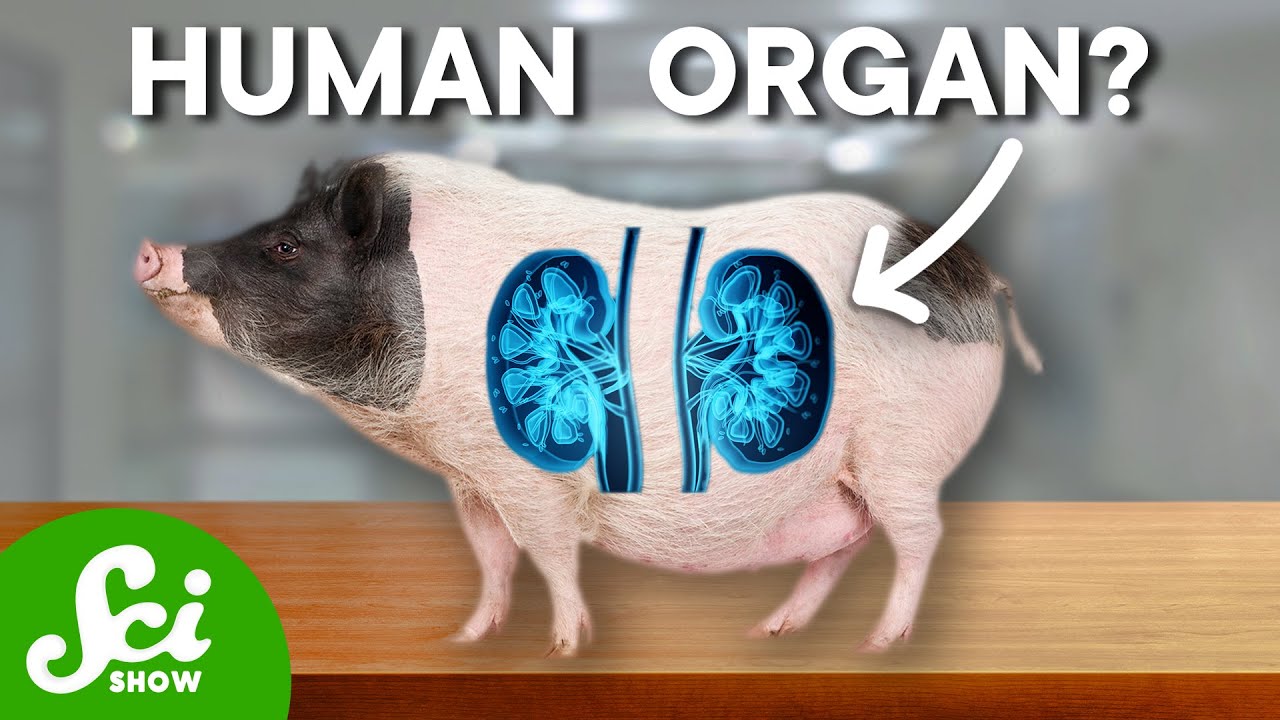Yes we should. Next question
I mean, that was my kneejerk reaction too. There’s more than just animal welfare at stake, though. Putting human organs in a critter has the potential to act like a bridge if we’re not careful, and essentially spawn new covids.
I’m assuming there would be a lot of figuring out how to “wash” these organs before transfer. The growing being the first part of the problem, second part being sterilization and making sure no graft vs host. Can’t really wash these organs with tons of antibacterial or antivirals so it might be a really unique solution
Antivirals only prevent replication, too. Virus capsids don’t respire and have to be physically destroyed to neutralise them. Which is hard when you’re trying to keep the delicate organ around them alive. Maybe you could use magical nanobots, but then why do you need an animal organ anyway?
The actual research is more centered around stopping it from happening in the first place, and then screening for any contamination. The critters might be raised in completely sterile conditions, and have already been genetically modified to remove any included ancient viral sequences in published work. Of course, all the producers have to actually follow the regimen everywhere in the world…
Putting human organs in a critter has the potential to act like a bridge if we’re not careful, and essentially spawn new covids.
Thats exact a problem. I personally think the solution could be a mixture of organoids and using this methode to create new organs. Since we are already able to cultived organoids. The problem is that his tissue doesn’t grow in the form of “natural” organs and do not make connections with the blood and nerv systems.
deleted by creator
Margaret Atwood continues to predict the near future with near perfect accuracy. I, for one, welcome our new pigoon overlords.
Did I just see a… No, it couldn’t be… Snats are extinct…
Yes. There’s no ethical concerns since we already slaughter them for their organs.
Not we, some assholes
Absolutely. We can breed animals specifically for this purpose. This can pose a solution to so many of life’s illnesses.
I didn’t watch the video, but haven’t there already been two pig transplant recipients that both died?
No. We already treat animals horrifically so there’s no need to make it worse.




